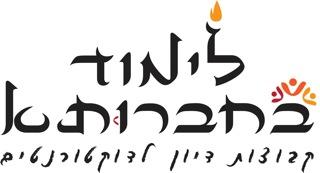At our second meeting we welcomed some new participants from the fields of literature, sociology and psychology, who introduced themselves and their academic interests.
The discussion focused first on the understanding of trauma in the field of anthropology. The student Daniel Sachs, from the department of Art History, made a presentation on how trauma developed from a general lay understanding into a diagnostic that was first acknowledged as a condition in DSM-III, with the definition of PTSD as a pathological state necessarily associated with a traumatic event. A constellation of factors contributed for this to occur: feminist activists questioned Freud’s interpretation of women’s experience of abuse; doctors cooperated with acknowledging children’s abuse as undeniably detected in radiological examinations and society’s necessity to cope with the horrors of Vietnam’s war - treating the commonly known “Vietnam Syndrome” and equally judging and granting indemnization for victims of war. He spoke based on the text “An End to Suspicion” (In Fassin, Didier and Rechtman, Richard. 2009. The Empire of Trauma – An Inquiry into the Condition of Victimhood. Princeton/Oxford: Princeton University Press, 77-97).
Dr. Jeremie Bracka made a presentation explaining the concept of transitional justice, which gained momentum in recent decades in order to cope with trauma in the legal realm. It implies activities and investigations focused on how societies address the legacies of human rights abuses and are mostly used in countries emerging from conflict and political repression. The legal lexicon is limited to deal with trauma and does not account for the socio-psychological dimensions of trauma. In this realm, individual abuse and mass atrocities are countered with the criminalization of human rights abuses and prosecutions. His presentation was based on the texts of “Transitional Justice and Peace Agreements Working Paper” (by Roht-Arriaza, Naomi. 2005. Peace Agreements: The Role of Human Rights in Negotiations. 1-9) and "Human Rights and the Trauma Model: Genuine Partners or Uneasy Allies?" (by Steel, Zachary; Steel, Catherine R. Bateman and Silove, Derrick. 2009. Journal of Traumatic Stress. 22 (5), 358–365).

